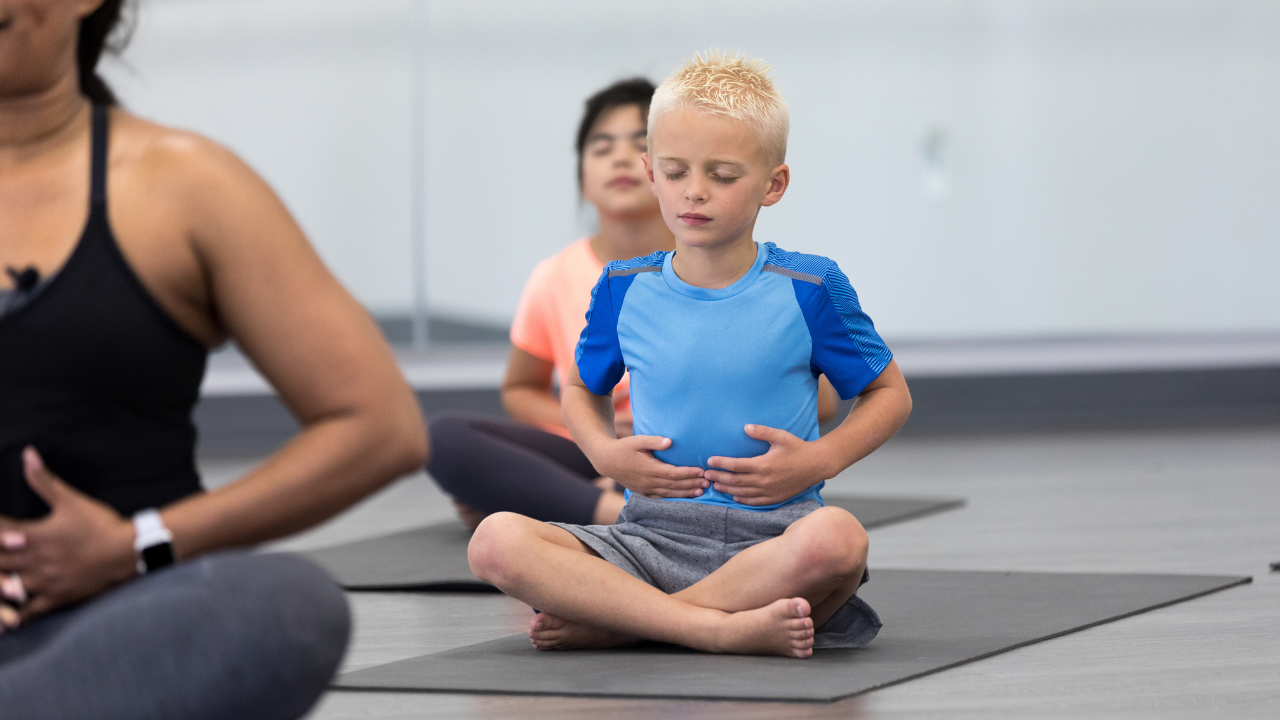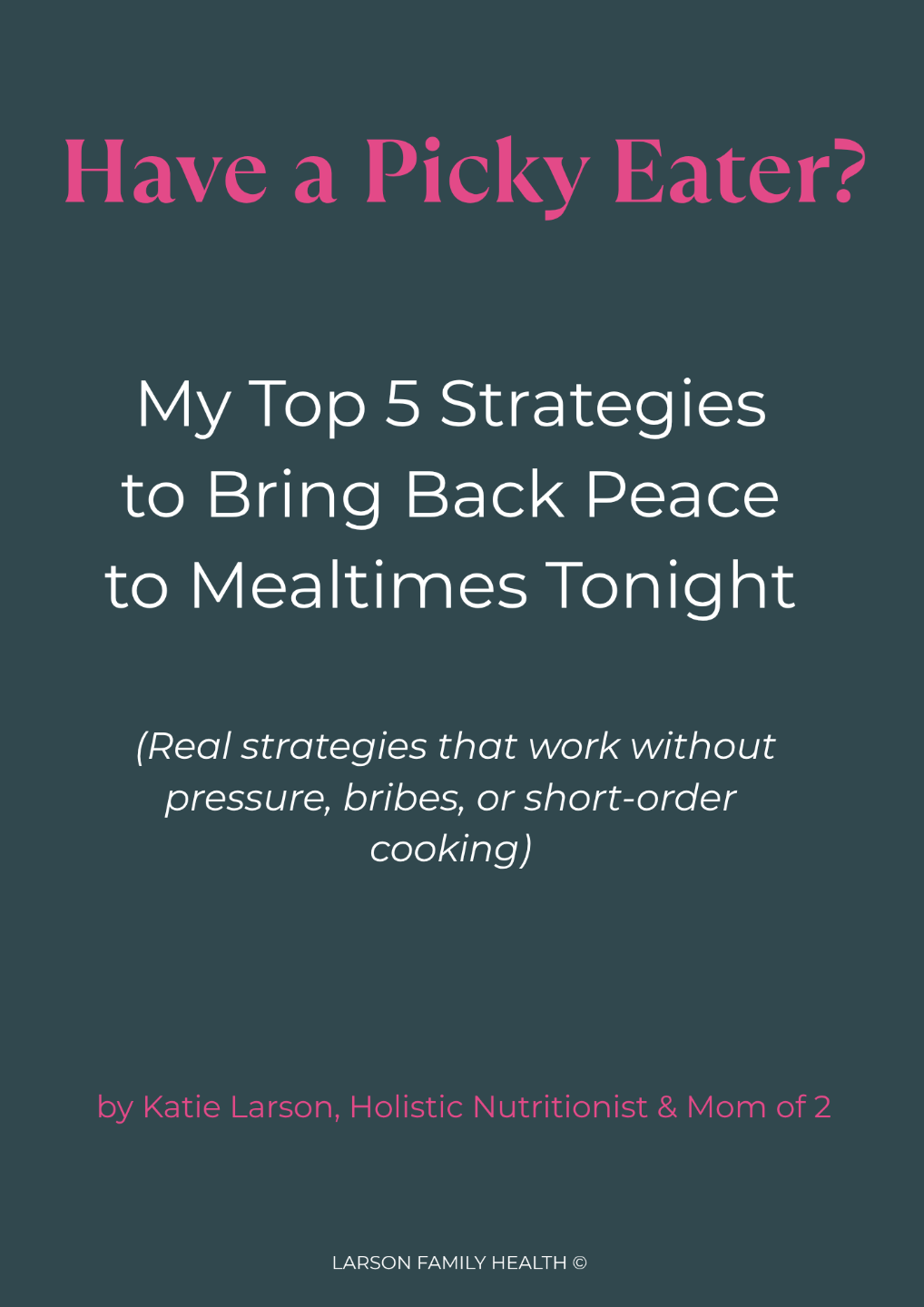
GABA: The Calming Brain Chemical Your Kids Need (and Why Their Gut Has Everything to Do With It)
Oct 12, 2025If you’ve ever wished there was a “calm down” button for your child’s brain… good news, there actually is. It’s called GABA—short for gamma-aminobutyric acid (try saying that three times fast).
Think of GABA as your child’s built-in chill pill. It’s the neurotransmitter (a fancy word for “brain messenger”) that helps slow things down, soothe the nervous system, and make sleep, focus, and mood regulation possible. Without enough GABA, kids can feel like they’re running on overdrive—anxious, restless, or struggling to settle down at bedtime.
Recently, I’ve been noticing a trend in the kiddos and adults I work with.
On a stool analysis, I am able to see if someone has the correct bacterial balance in his or her gut in order to produce and utilize GABA.
Most of my clients are not able to make enough GABA.
This has profound implications.
So, let’s dig into what GABA is, why your kids need it, how their bodies make it, and why a healthy gut is key for keeping their GABA switch turned on.
What is GABA?
GABA is a calming neurotransmitter in the brain. While chemicals like dopamine and serotonin get most of the spotlight, GABA is like the quiet hero behind the scenes.
Its main job? To put the brakes on overstimulation. Where other neurotransmitters say “go, go, go!”, GABA says “okay, let’s slow down here.” It’s crucial for:
- Reducing anxiety and worry
- Supporting better sleep
- Helping kids focus and concentrate
- Balancing mood swings
In other words, it’s the “peacekeeper” of the brain.
Why We Need GABA
Kids are bombarded daily with sugar, screens, stress, and busy schedules—all of which can ramp up their nervous systems. GABA is what helps them recover from that constant stimulation.
Low GABA has been linked to issues like:
- Trouble falling asleep or staying asleep
- Anxiety or irritability
- ADHD-like symptoms (restlessness, impulsivity)
- Difficulty winding down after school or sports
Without enough of it, kids may feel like they’re stuck in “fight or flight” mode all the time.
How Do We Make GABA?
Here’s the cool part: GABA doesn’t just show up out of nowhere. Our bodies make it—and like most good things, the process starts with food.
- Building block: GABA is made from an amino acid called glutamate, which comes from protein-rich foods (think eggs, meat, beans, nuts).
- Cofactors: Your child’s body also needs vitamins and minerals like B6, magnesium, and zinc to convert glutamate into GABA.
- Gut bacteria: And here’s the big one—friendly gut bacteria help regulate this whole process. Some strains of gut microbes even produce GABA themselves.
So, if your child isn’t eating enough protein or if their gut health is off, their GABA production may suffer.
Why Gut Health is the Secret to GABA
We talk about the “gut-brain connection” a lot, but this is one of the clearest examples of how powerful it is.
- A healthy gut microbiome = better GABA production.
- A disrupted gut (from antibiotics, too much sugar, processed foods, or picky eating) = lower GABA, which can lead to more mood, sleep, and focus challenges.
Think of your child’s gut like a little GABA factory. If the factory workers (good bacteria) are well fed with fiber and whole foods, they produce calming chemicals that travel to the brain. But if those workers are starving—or worse, replaced by “bad” bacteria—the factory shuts down.
What Parents Can Do
You don’t need to start hunting down GABA supplements for your child (please don’t without consulting a practitioner first-there are some side effects to be aware of). Instead, focus on giving their gut and body the tools it needs to thrive:
- Prioritize protein at meals and snacks.
- Add gut-loving foods like fruits, veggies, beans, nuts, and seeds (hello, fiber!).
- Cut back on ultra-processed foods that disrupt the gut.
- Support magnesium and B vitamin intake through food (leafy greens, eggs, nuts, seeds) or targeted supplementation if needed.
- Keep an eye on sleep and screen time, which both impact neurotransmitter balance.
The Bottom Line
GABA is your child’s natural calming chemical—and their gut plays a starring role in making sure there’s enough of it around. By feeding their bodies well and supporting their gut health, you’re not just improving digestion… you’re helping their brains feel calmer, more focused, and better able to handle the everyday chaos of childhood.
And let’s be honest—anything that helps bedtime go smoother is worth it.
Become part of our newsletter community where you'll find inspiration, motivation, and helpful tips so you and your family can thrive!
We hate SPAM. We will never sell your information, for any reason.

